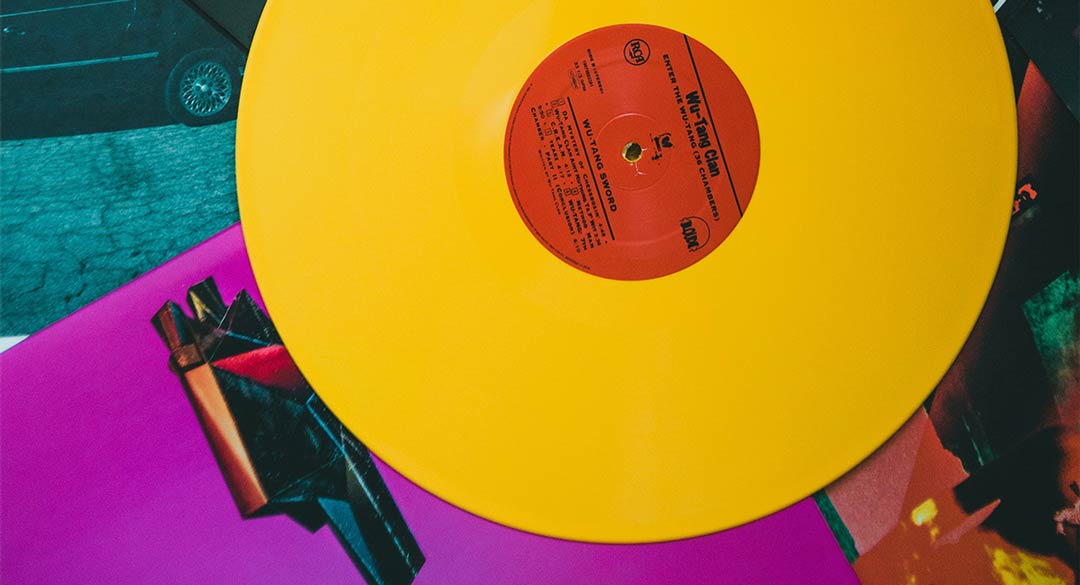
Countless are ways in which technology is affecting various aspects of life, one of them is how music is consumed and will be consumed for the next 20 or so years. Digital Streaming platforms are assimilating humanity with great agility, momentum and velocity, second only to that which AI is doing the same. And for hawk-eyed artists, this situation presents an opportunity. With the ascent of digital platforms and streaming services, artists now have unprecedented ability to reach a global audience without the traditional backing of a record label. This is called Independent Music Distribution.
In the past, successful artists typically had to sign with a major music label such as Universal Music (UMG), Warner Music, or Sony Music, even when they were part of a smaller record label—a label imprint, which is usually under the parentage of one of the major labels. This arrangement was necessary for business reasons to achieve record sales. This is done at the expense of the artist’s record-master copyright, which is traded with the record label. Young Money Entertainment, a label imprint, would, for instance, surrender 100 per cent ownership of Nicki Minaj’s masters to UMG as a deal to handle the business of this artist.
The royalties obtained from the sales by UMG are then divided between UMG Accounts and the label imprint Accounts, and by extension, the label imprint Accounts split that figure into portions that go into label Administration and management, artiste expenses and branding; the remainder is what goes into the artistes’ pocket, and it might be amazingly meagre. So artists have recently learned, as a way of minting more revenue for themselves, the art of dodging these Big Sharks as business gatekeepers, to do among very many other things, independent music distribution, hence the term Indie (independent). However, independent music distribution is not without its challenges, and there is a high danger in disregarding the importance of the Big Sharks in the music business. The smart thing would be for artists to sign contracts that do not take away their copyrights. Such deals should be exclusively Distribution deals. Here is why.
Limited Resources and Infrastructure: Managing global music distribution independently requires substantial resources and infrastructure that most individual artists or small teams lack. This includes handling logistics, marketing, legalities, and more.
Negotiating Fair Rates with Streaming Platforms: Independent artists often struggle to negotiate favourable rates with major streaming services. Labels, with their established relationships and bargaining power, can secure better terms and higher payouts.
Challenges in Tracking Royalties and Ensuring Accurate Payments: Ensuring that royalties are accurately tracked and paid out can be a complex process. Major labels have sophisticated systems and dedicated teams to manage this, whereas independent artists might face difficulties maintaining accurate records and enforcing payments.
That said, here is how artists should best secure music distribution deals with major labels.
Identify and focus on labels that align with your music genre and career goals. Understanding their roster, market reach, and strategic vision can help tailor your approach.
A robust online presence and a dedicated fan base are critical in demonstrating your marketability to labels. Engage actively on social media, release high-quality content, and build a loyal following.
Craft a compelling pitch that highlights your unique value proposition. Include your achievements, market potential, and how your music stands out. A well-prepared proposal can significantly increase your chances of securing a deal.
Aim to retain ownership of your masters and rights. Understand the terms and conditions, and seek legal advice to ensure that the contract aligns with your long-term goals and interests.
Here are some examples of African artists with Music Distribution Contracts.
#1 Wizkid (UMG): Signed a multi-album deal in 2019, expanding his reach and influence globally.
#2 Tiwa Savage (UMG): Secured a global recording contract in 2018, boosting her international profile and market penetration.
#3 Nasty C (Def Jam Recordings/UMG): Signed a multi-album deal in 2020, leveraging the label’s extensive resources to reach a broader audience.
#4 Mr Eazi (Sony Music): Entered into a licensing deal in 2018, maintaining a high level of control while benefiting from Sony’s global distribution network.
#5 Cassper Nyovest (Warner Music Group): Signed a distribution deal in 2020, enhancing his music distribution capabilities and market access.
Diamond Platnumz would be included on this list, however, his deal with Warner Music was defined as a 360-degree contract, in which Mziiki Media was contracted by Warner Music to do the music distribution of his and his label members’ music. He was paid $5M for this, but it’s uncertain whether he retained his gold. His masters. Quite complicated, huh?